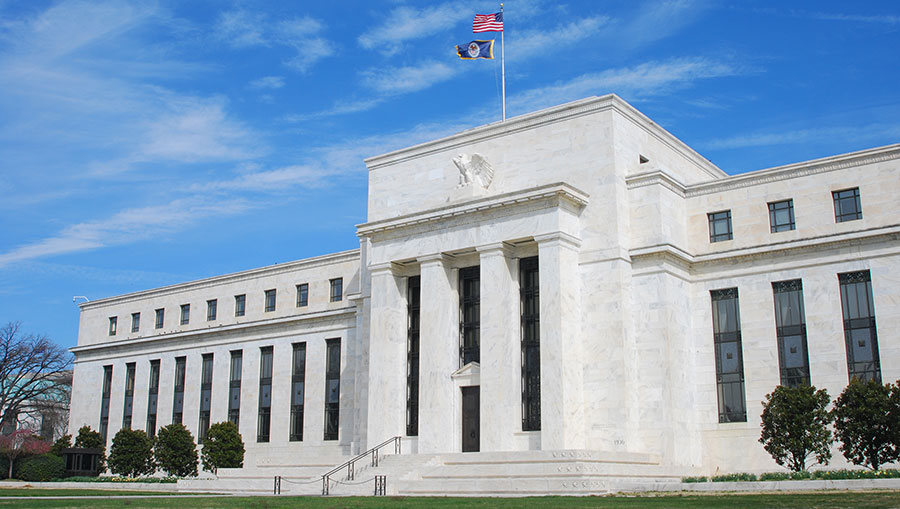Personal Wealth Management / Economics
EFSF Still TBD
Story Highlights
-
European leaders quietly agreed last Saturday to a program of long-term economic overhauls for the 17-member eurozone.
-
The summit authorized a modification of the temporary European Financial Stability Facility, increasing its size to a total of €500 billion and creating a permanent fund (of the same size).
- The meeting provided some clarity for markets, but is still only seen as a stepping stone to the full EU summit on March 24th-25th.
Lost amid the news following the Japanese earthquake and tsunami, European leaders agreed last Saturday to a program of long-term economic overhauls for the 17-member eurozone. The meeting provided some clarity on a longer-term framework, but is still only as a stepping stone to the next EU summit on March 24th.
The March 11thweekend meeting did establish several notable agreements. First was a modification of the temporary European Financial Stability Facility (EFSF)—a bailout fund for troubled member countries—increasing its size from the current €250 billion to €500 billion and creating a permanent fund (of the same size) when the temporary fund expires in 2013. Contributions to the fund will come from both AAA and non-AAA rated nations. A step forward, but there was still no resolution on what share of contributions would come from which, nor were there details about timing. Also approved was a plan to allow the EFSF to buy primary-market bonds directly from eurozone countries, although details were, again, scarce. Likewise, it appears issuing standard bailout loans will remain the rescue system’s normal means of intervention, with purchasing auction debt as an additional tool only in certain circumstances. The group also decided to ease some terms of Greece’s bailout, lowering interest rates by one percentage point and extending the duration to 7.5 years (in line with terms of Ireland’s recent bailout).
Despite some successes, the meeting had some notable bumps, and much remains unresolved. Ireland’s request for better terms on its 2010 $93.8 billion bailout was rebuffed due to its unwillingness to raise its corporate tax rate—12.5%—one of the eurozone’s lowest. Ireland argued its low tax rate is necessary to promote new business and retain current ones. France and Germany also vetoed an appeal by the European Central Bank (ECB) to authorize the EFSF to buy bonds of troubled countries on secondary markets. Also, the German-backed “Pact for Competitiveness,” now called the “Pact for the Euro, ” was severely watered down, and few are convinced it will be more effective than the already established “Stability and Growth Pact” (which sets certain fiscal targets for member states, including annual budget deficits of no higher than 3% of GDP and national debt lower than 60% of GDP).
Still, bond investors mostly cheered the results. Bond yields fell meaningfully nearly everywhere in the eurozone—including for the beleaguered PIIGS. For example, on Thursday, Spain sold €4.1 billion of 30-year debt and 10-year securities at slightly lower rates. The bid-to-cover ratio was 2.1x and 1.8x respectively—a fairly successful auction.
Member nations had agreed they’d leave the March 24th summit with a final agreement. Our guess is that doesn’t happen. Progress will likely be made providing still more clarity, but to get there, they’ll have to water down some proposals more and leave more than a few details to be hammered out later. In other words, prepare for more vagueness.
If you would like to contact the editors responsible for this article, please message MarketMinder directly.
*The content contained in this article represents only the opinions and viewpoints of the Fisher Investments editorial staff.
Get a weekly roundup of our market insights
Sign up for our weekly e-mail newsletter.

You Imagine Your Future. We Help You Get There.
Are you ready to start your journey to a better financial future?

Where Might the Market Go Next?
Confidently tackle the market’s ups and downs with independent research and analysis that tells you where we think stocks are headed—and why.





